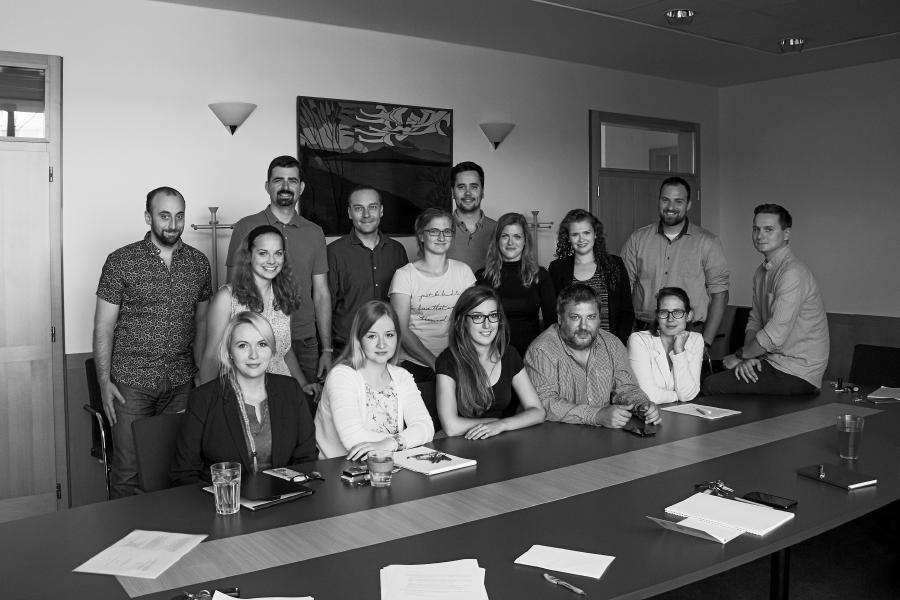Supervision over restrictions of personal freedom
The Ombudsman also serves in the role of the “national preventive mechanism”, protecting people restricted in their freedom against ill-treatment. Therefore, the Department of Supervision over Restrictions of Personal Freedom carries out visits to places where persons restricted in their freedom are or may be present.
These places include not only prisons and police cells, but also facilities for children, retirement homes, facilities for people with disabilities, treatment facilities for long-term patients, psychiatric hospitals, infant care centres, facilities for detention of foreigners, etc.
What is the national preventive mechanism?
Apart from that, we primarily deal with complaints raised by imprisoned persons, patients of psychiatric hospitals undergoing institutional forensic treatment and foreigners residing in facilities for foreigners. We also supervise expulsions of foreign nationals.
Usually, a visit to a facility is unannounced and the head of the facility learns of the visit directly on the spot upon its commencement. We carry out visits at any time of the day, e.g., at night or early in the morning, on business days or on weekends, as required. We can access all places in the facility and inspect all the facility’s documentation (including medical records of the persons staying there). We are authorised to interview employees, as well as patients, children, clients and imprisoned persons without any of the staff members being present. In the preparation and evaluation of our findings from the visits, we co-operate with external experts – physicians, psychiatrists, nurses, social services experts, etc.
Each of the facilities visited receives a report summarising our findings and we discuss ways to remedy the shortcomings together. After the conclusion of our communication with the facility, we publish a report on the visit to the facility together with the facility’s statement.
We generalise our findings and recommendations concerning the conditions in a given type of facility in summary reports on visits. Recommendations concerning improvement of the ascertained conditions are directed both to the facilities themselves and their operators as well as central governmental authorities.
Number of visits to facilities
| Year | 2006-2016 | 2017 | 2018 | 2019 |
|---|---|---|---|---|
| Number of visits | 387 | 22 | 27 | 25 |
Types of facilities visited
| 2006—2016 | 2017 | 2018 | 2019 | |
|---|---|---|---|---|
| Prisons | 33 | 2 | 2 | 3 |
| Police cells | 86 | 4 | 6 | 3 |
| Facilities for children | 64 | 3 | 1 | 9 |
| Facilities for foreigners | 15 | 0 | 0 | 1 |
| Facilities for asylum seekers | 4 | 1 | 0 | |
| Social services facilities | 129 | 6 | 14 | 3 |
| Health-care facilities | 56 | 6 | 4 | 5 |
Map of the facilities visited
- Visits of facilities for asylum seekers
- Visits of long-term healthcare facilities
- Visits of police cells
- Visits of psychiatric care facilities
- Visits of prisons and jails
- Visits of social service facilities
- Visits of facilities for children
- Visits of sobering-up cells
Have a look at the outputs from our activites or look up interesting cases we dealt with in the Defender’s Opinions Register.

